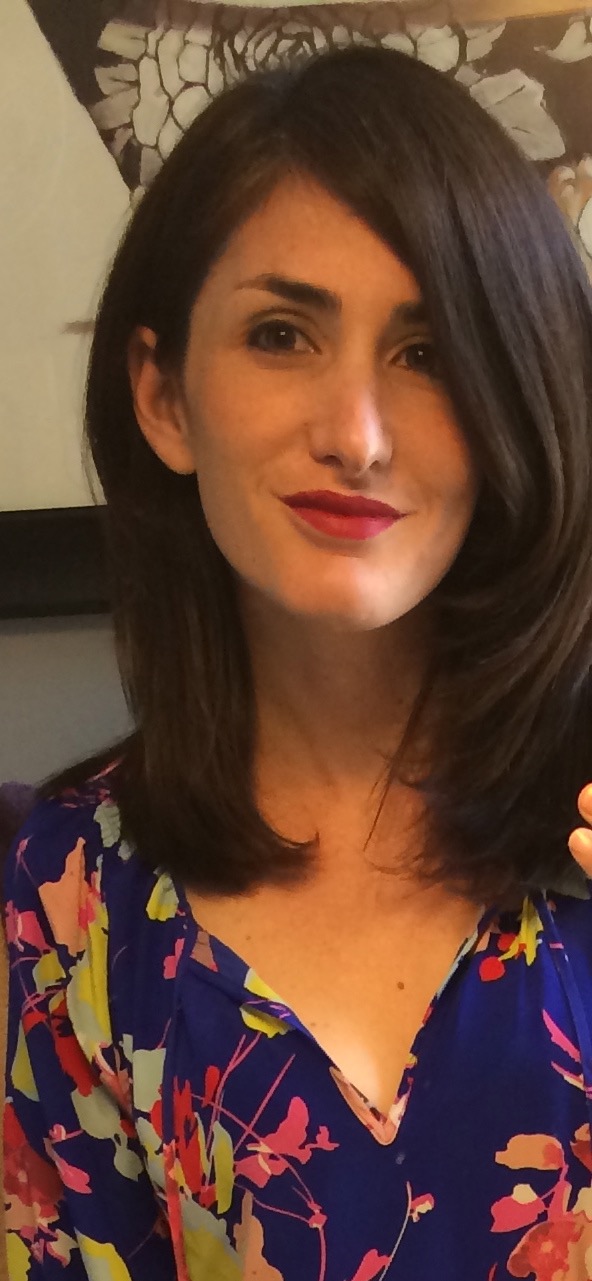Kasey Passen
 My work at OneTable advances Jewish life by providing a sense of community for Jewish millennials. At a time where most young Jews are turning away from traditional temple memberships, we know that they wish to connect and build Jewish identity and a sense of community. The weekly moment of unplugging and connecting with intention, which happens to be deeply rooted in tradition, is a cure for millennial stress and malcontent.
My work at OneTable advances Jewish life by providing a sense of community for Jewish millennials. At a time where most young Jews are turning away from traditional temple memberships, we know that they wish to connect and build Jewish identity and a sense of community. The weekly moment of unplugging and connecting with intention, which happens to be deeply rooted in tradition, is a cure for millennial stress and malcontent.
Millennials need Shabbat to experience the comfort of ritual and to find a sense of community. According to the Pew Research Center, millennials “have fewer attachments to traditional religious institutions, but they connect to personalized networks of friends, colleagues and affinity groups through social and digital media.”
OneTable offers a variety of innovative ways for participants to expand their social networks and build a sense of community. Users can host private in-home Shabbat dinners to invite their friends to gather for an intimate experience. They can also host “open” or “host-approval” dinners, allowing strangers to join their Shabbat dinner tables as an opportunity to meet new people and forge new networks.
These intimate dinner experiences provide an outlet for young Jews to explore and share good and difficult times. Hosts organize Shabbat dinners through OneTable to celebrate birthdays, marriages, Jewish/secular holidays, camp reunions and their favorite world cuisines. Participants also host Shabbat dinners to deal with the difficult times. Following the events in Charlottesville, in which we witnessed white supremacists and neo-Nazis marching openly, we decided to raise our voices and rise up, not just in opposition but in unity. The campaign, “Together at the Table”, saw 748 individuals pledge to participate in a Shabbat dinner that Friday, August 18. OneTable, in partnership with 76 organizations, came together to mobilize a grassroots movement of Shabbat dinners across the country dedicated to celebrating diversity, equality, and inclusion in the face of fear, division and hate.
In addition to private and community Shabbat dinners, OneTable hosts community events to attract new members and help participants make new social connections. These “Nosh:pitality” workshops focus on teaching hosting skills tied to Jewish learning to enhance the Shabbat dinner experiences. Nosh:pitalitys are especially attractive to unengaged and under-engaged young adults because of their focus on trendy food and hospitality topics. These gatherings offer a great opportunity for users to make new social, romantic and professional connections.
Besides the four themes outlined in the Schwarz article, OneTable advances Jewish life by encouraging Jewish individuality. We offer a radical shift away from the traditional, prescriptive ways of thinking about religion. Most young Jews are taught there is a certain way they “should” practice or observe Judaism. Most shy away from temple because they don’t find it applicable to their lives.
OneTable gives millenials an accessible way to explore Jewish identity through Shabbat dinner. Young Jews are empowered to customize their experiences in ways to make it meaningful for them. Hosts can get creative with menu ideas, dinner themes, and curate specific conversation topics. They can use traditional and alternative forms of ritual to sanctify these special moments. Dinners can be in the home, at a restaurant or anywhere in the community. We encourage our users to make Shabbat mobile and incorporate it into what they love to do. OneTable Shabbat dinners are hosted on the top of ski mountains, at campsites, at the beach, at concert venues and spin studios. OneTable provides all of the resources to make Shabbat dinner possible, including supplementing food costs, coaching guidance and ritual guides.
OneTable Shabbat dinners have changed my life. A year ago, when I started working for the organization, I was one of least Jewishly engaged members of the staff. As a child and young adult, I was never exposed to Shabbat so I assumed it had to be a religious, formal experience. Through my work at OneTable, I have learned that Shabbat can be anything I want it to be. Most important I realize that Shabbat is a precious time at the end of each week to pause, to reflect and celebrate the fact that I am part of a larger community rooted in a meaningful tradition.
______________________________
Kasey Passen Z”L was the Associate Director of Hubs for OneTable, coming from 14 years in the food culinary and hospitality world. After studying psychology at the University of Michigan, she began her career at a catering company in Chicago and attended Kendall College to study culinary arts. Her career as a chef took her to San Francisco where she cooked in farm-to-table restaurants and ran a large food and wine event space. Her deep connection to family brought her back to Chicago where she started her own culinary business focusing on custom dinners and culinary education. Kasey loved hiking mountains, taking bubble baths, going to farmers markets, going to dinner parties, salsa dancing, and traveling the world.


